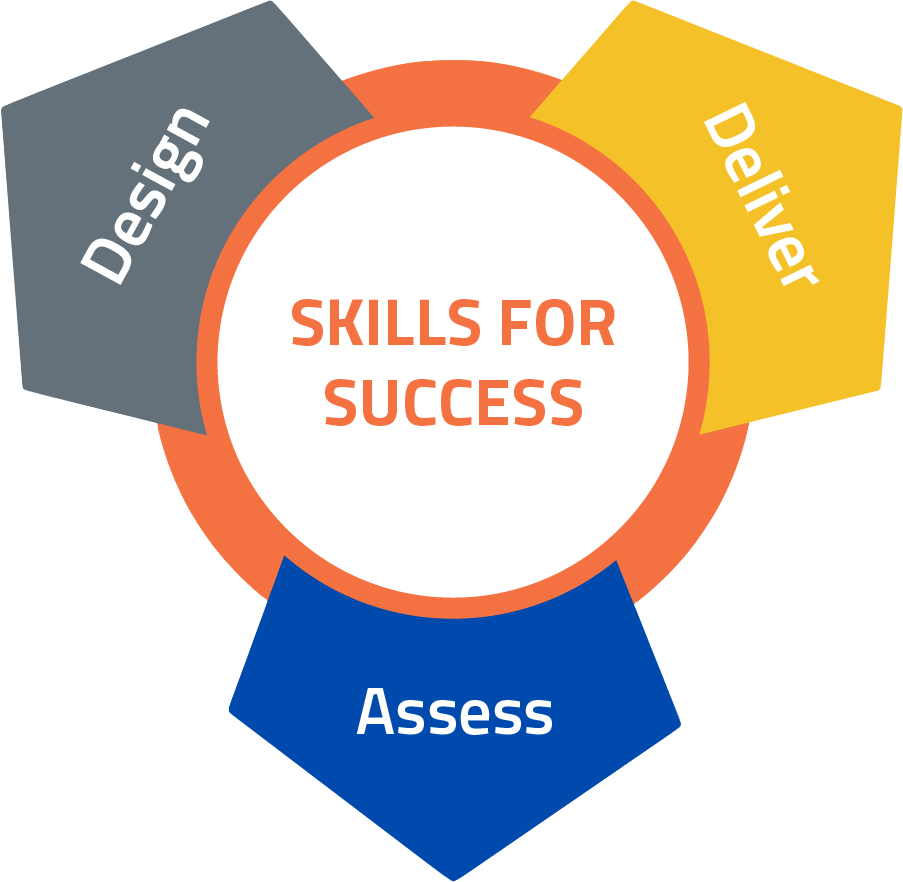Assistive technologies are any items, pieces of equipment or products used to improve the learning capabilities of individuals.
- NEADS. Enhancing Accessibility in Post-Secondary Education Institutions. Assistive Technology. https://www.neads.ca/en/norc/eag/technology.php
- LD@School. Assistive Technology for Students with Learning Disabilities. https://www.ldatschool.ca/assistive-technology/
- University of New Brunswick. Supporting Students with Disabilities. What is Assistive Technology? https://www2.unb.ca/alc/resources/assistive-technologies.html
- ABC Life Literacy. Tech Talk Tuesdays: Assistive Technologies. https://abclifeliteracy.ca/blog-posts/digital-literacy-blog-posts/tech-talk-tuesdays-assistive-technologies/
